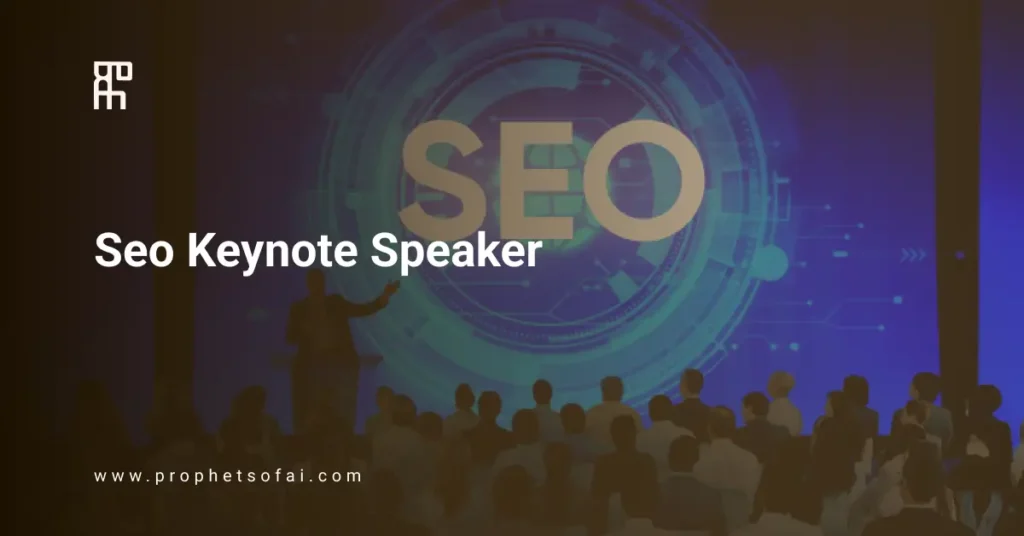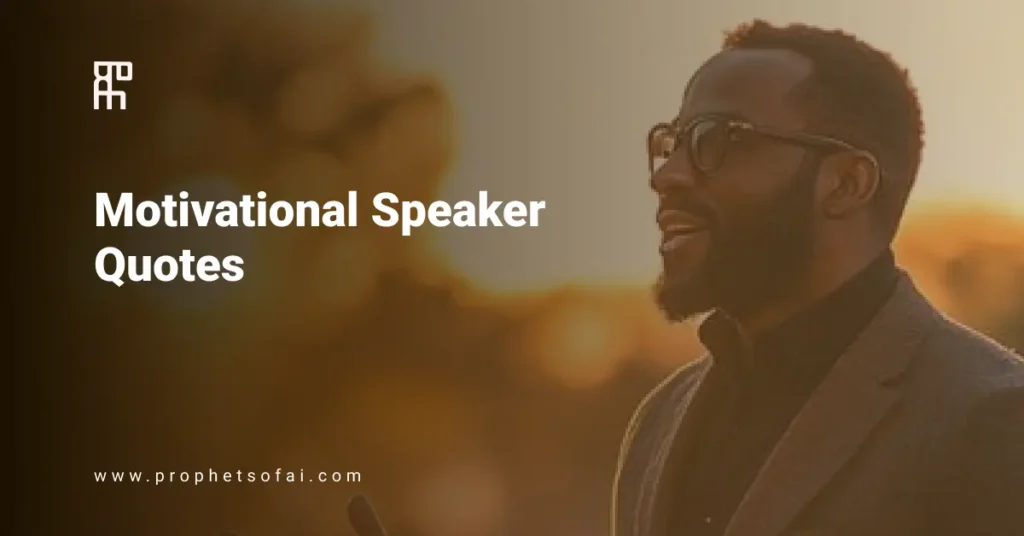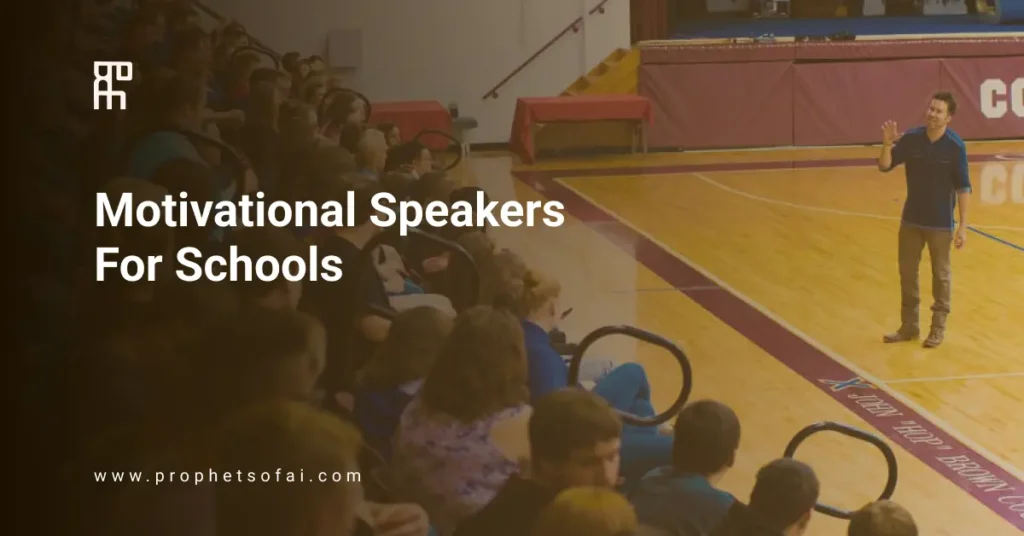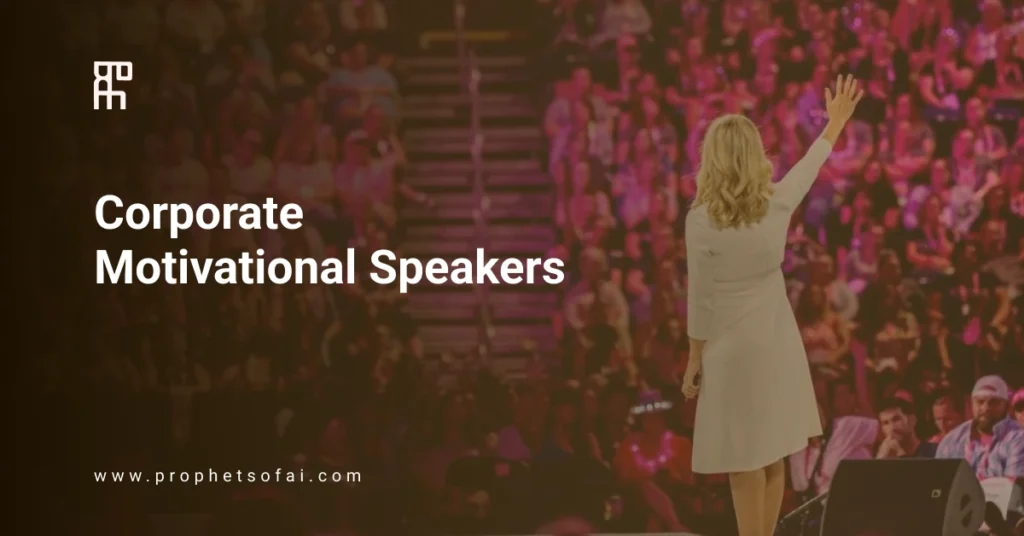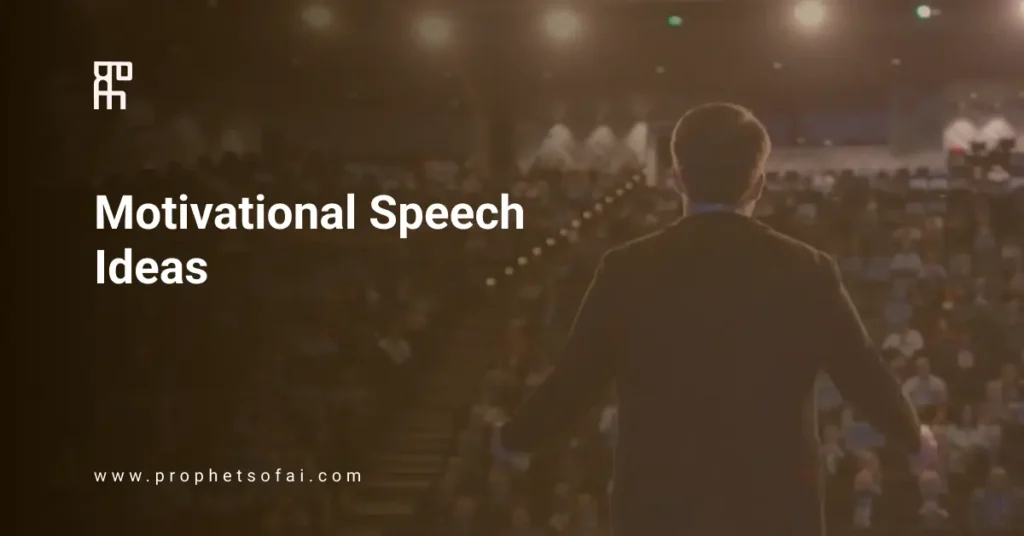Picture this: The lights dim, the crowd settles, and your conference keynote speaker takes the stage. In the next 60 minutes, they’ll either energize 500 attendees who can’t wait to share what they’ve learned—or deliver a forgettable talk that has people checking their phones. The difference? Choosing the right conference keynote speaker isn’t just about finding someone impressive; it’s about finding someone who understands your audience, aligns with your conference goals, and delivers content that resonates long after the event ends. Whether you’re planning a tech summit, industry conference, or corporate annual meeting, this guide will walk you through everything you need to know about finding, evaluating, and booking a conference keynote speaker who transforms your event from ordinary to unforgettable. Let’s start with what makes keynote speakers unique in the conference landscape.
Why Conference Keynotes Are Different
Conference keynote speakers face a unique challenge that sets them apart from other speaking engagements. Unlike intimate corporate workshops or single-company events, conference keynotes address hundreds—sometimes thousands—of attendees with vastly different backgrounds, expertise levels, and expectations. Your audience might include C-suite executives sitting next to entry-level professionals, all expecting value from the same presentation.
This diversity demands speakers who can balance inspiration with actionable insights. They need to energize the room without oversimplifying complex topics, and provide depth without losing accessibility. The stakes are higher too: your keynote directly impacts attendee satisfaction scores, social media buzz, and whether sponsors see value in returning next year.
Perhaps most importantly, conference keynotes create what we call the “memory effect.” Research shows that six months after an event, attendees remember the keynote speaker more vividly than individual breakout sessions. Your keynote becomes synonymous with your conference brand itself. That’s why understanding the different types of keynote speakers and their strengths is essential before you book.
Matching Speakers to Your Conference Type
Not all conference keynote speakers fit all events. The speaker who crushes it at a tech innovation summit might fall flat at an association’s annual meeting. Here’s how to match speaker types to your specific conference format:
Industry Conferences need thought leaders who deeply understand sector trends and challenges. These speakers should bridge the gap between where your industry is today and where it’s heading, offering insider perspectives that attendees can’t find through a Google search.
Corporate Annual Meetings require speakers who align with company culture and values. Look for motivators who can energize employees around strategic goals while reinforcing organizational identity.
Tech and Innovation Conferences demand future-focused experts, particularly in emerging fields like AI, automation, and digital transformation. These events benefit from speakers who can make complex technologies accessible while inspiring practical application—exactly where specialists like those at Prophets of AI excel.
Association Conferences need member-relevant speakers who understand the unique challenges of your professional community. Engagement and networking value matter as much as content here.
The key consideration across all formats? Your speaker must balance content depth with accessibility for mixed-expertise audiences.
The Conference Booking Timeline
Timing can make or break your conference keynote speaker search. Here’s the realistic timeline for securing the right speaker:
12+ Months Out: This is the window for booking top-tier, high-demand speakers for major conferences. Celebrity speakers, bestselling authors, and industry icons often have calendars filled a year in advance. If your conference is large-scale or you’re targeting A-list talent, start early.
6-9 Months Out: This is the sweet spot for most conferences. You’ll have access to quality speakers with proven track records, enough time for proper contract negotiation, and the ability to leverage your speaker’s name in marketing campaigns. Most successful conference organizers book within this timeframe.
3-6 Months Out: Your options become more limited, but you can still find excellent speakers—especially those with more flexible schedules or emerging thought leaders. Expect to move quickly on decisions and be flexible on dates.
Under 3 Months: This is emergency territory. While last-minute bookings are possible, you’ll face premium pricing, limited choices, and significant stress. Only rely on this timeline if you’re dealing with an unexpected cancellation or sudden budget approval.
Want to dive deeper into booking timelines? Check out our complete guide on how far in advance you should book a keynote speaker.
5 Must-Ask Questions When Evaluating Conference Speakers
Once you’ve identified potential speakers, the evaluation process separates good choices from great ones. Here are five critical questions that conference planners often overlook:
1. What’s your conference-specific experience?
Don’t just ask if they’ve done keynotes—ask about similar-sized conferences, comparable audiences, and relevant industry events. A speaker who excels at corporate boardrooms might struggle with a 1,000-person conference hall.
2. How will you customize content for our attendees?
Generic, one-size-fits-all presentations kill conferences. The best speakers invest time understanding your audience demographics, conference theme, and attendee pain points before they ever take the stage.
3. What’s your audience engagement style?
Modern conference audiences expect interaction. Ask about their approach to Q&A sessions, live polling, real-time feedback, or interactive elements that keep attendees engaged rather than passive.
4. Will you be available post-keynote?
The value doesn’t end when they leave the stage. Can they participate in networking sessions, book signings, panel discussions, or breakout workshops? This extended engagement amplifies your investment.
5. How do you integrate with broader conference content?
Great conference speakers reference other sessions, weave in conference themes, and position their keynote as part of a larger narrative rather than a standalone performance.
For a more comprehensive evaluation framework, explore our guide on how to evaluate a keynote speaker with 12 essential questions.
Conference Keynote Speaker Costs
Budget reality check: conference keynote speakers typically range from $5,000 to well over $100,000, with most quality speakers falling between $10,000-$50,000. But what drives these numbers?
Key cost variables include:
- Conference size and prestige: Larger audiences and high-profile events command premium fees
- Speaker demand and recognition: Celebrity status, bestselling authors, and industry leaders cost more
- Travel requirements: Cross-country or international flights add significantly to costs
- Recording and broadcasting rights: Many speakers charge extra for video recording or live streaming
- Exclusivity clauses: Some speakers require you don’t book competitors in the same season
Most conference organizers allocate 8-15% of their total event budget to the keynote speaker. Virtual presentations typically cost 30-50% less than in-person appearances, though they sacrifice the networking and engagement benefits.
Don’t forget hidden costs: speaker travel expenses, accommodations, ground transportation, meals, and AV requirements can add 20-30% to the base fee. For a complete breakdown of what to expect, read our detailed guide on keynote speaker costs.
Maximizing Your Conference Keynote ROI
Before the event: Use your speaker’s name and expertise in marketing campaigns to boost ticket sales and attract sponsors.
During the event: Invest in professional recording, coordinate social media coverage with dedicated hashtags, and create opportunities for attendee interaction.
After the event: Repurpose keynote content into blog posts, social media clips, email campaigns, and promotional materials for next year’s conference. Measure impact through post-event surveys and engagement metrics.
Top Conference Keynote Mistakes to Avoid
Don’t book based solely on name recognition—fit matters more than fame. Avoid placing the wrong speaker at the wrong time (opening vs. closing requires different energy). Never skip the speaker briefing on audience demographics and conference goals. Ensure technical coordination is handled weeks in advance, not day-of. Always have a contingency plan for emergencies or cancellations.
Why Use a Speakers Bureau
Speakers bureaus like Prophets of AI provide access to vetted, conference-experienced speakers while handling complex logistics, contract negotiations, and crisis management. They understand what works for different conference formats and can match you with speakers who fit your specific needs and budget. Learn more about why working with a speakers bureau simplifies your planning process.
Conclusion
Booking the right conference keynote speaker requires strategic planning, careful evaluation, and realistic timelines. Start early, ask the right questions, and choose a speaker who aligns with your conference goals rather than just impressive credentials. Ready to find your perfect conference keynote speaker? Explore Prophets of AI’s roster of expert speakers specializing in AI, technology, and innovation—or contact us for a free consultation.
